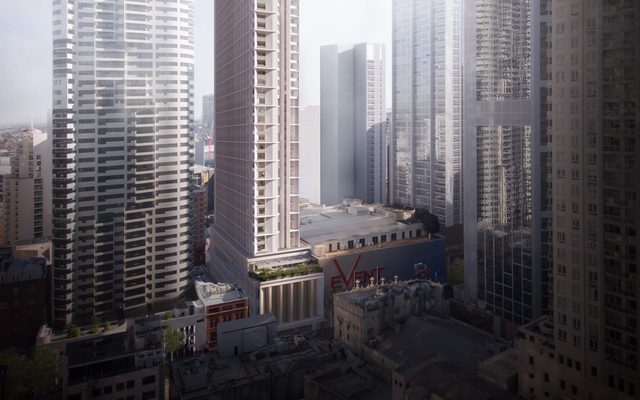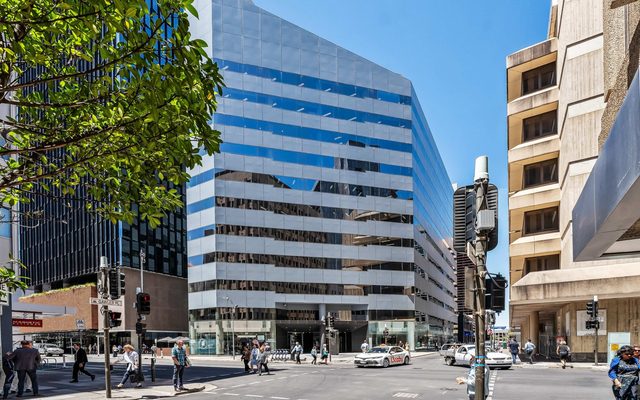This article is from the Australian Property Journal archive
DEXUS has confirmed the sale of A-grade office tower 44 Market Street, and in what shapes as another warning sign to the sector the $393.1 million sale price marks a 17.2% discount to book value.
The sale of 44 Market Street, which had been suspected to be to a foreign investor, is subject to approval by the foreign investment review board, Dexus said. Settlement is expected in late July.
Office values in Australia have been widely tipped to follow their peers overseas and fall in the face of turbo-charged moves to hybrid working since COVID. There have been very few major office transactions of late; commercial property transaction volumes in the March quarter fell to $5.3 billion – the lowest level since early 2012 – according to MSCI Real Assets, with higher debt costs and pricing uncertainty putting off both buyers and sellers.
Dexus is also reportedly selling 1 Margaret Street to Quintessential Equity, which told prospective backers it would acquire the 18-level prime-grade tower for $296 million – at a sizable 21% discount to the book value. That is expected to reflect a high 6.7% initial yield, or 7.2% on a fully leased basis. Major tenants BDO and Cuscal’s leases expire in mid-2025, giving the tower a 2.1-year weighted average lease expiry (WALE)
Occupants in the 26-level 44 Market Street include the Australian Bureau of Statistics. The tower is 85.4% full and the WALE is also low, at 2.7 years, while it returns net passing income of $24.3 million. That would show a passing yield of just under 6.2%.
Moody’s has already forecast office values to fall in the coming 12 months because of weaker market fundamentals and the increasing cost of debt. Barrenjoey analysts have warned office tower prices could come off by 15% to 20%. Colliers is expecting capital values to drop by an average of 10% from peak-to-trough, before the market recovers in 2024, a much less turbulent trajectory than the GFC which saw some assets suffer 25% in devaluations.
Dexus itself said transaction markets are “likely to remain soft” over the next six months
in its most recent quarterly update, while it was shopping around both 44 Market Street and 1 Margaret Street
Australia’s office AREITs face eroding cash flows, rising capitalisation rates and higher asset valuation risks amid tough near-term conditions, as changing work habits challenge the structural demand outlook, according to S&P Global Ratings. Its seven office-focused rated AREITs benefit from a flight to quality and have a strong tenant base. More than two-third of its rated REITs can sustain asset value declines of up to 10%, while the rest can sustain declines of up to 25%.
Moody’s has said that given vacancy levels for office remain above historical averages, it expects the highest value declines for office assets and rated AREITs on average will still have around 25% headroom against the high end of their target gearing levels, which are set well below debt covenant levels.




